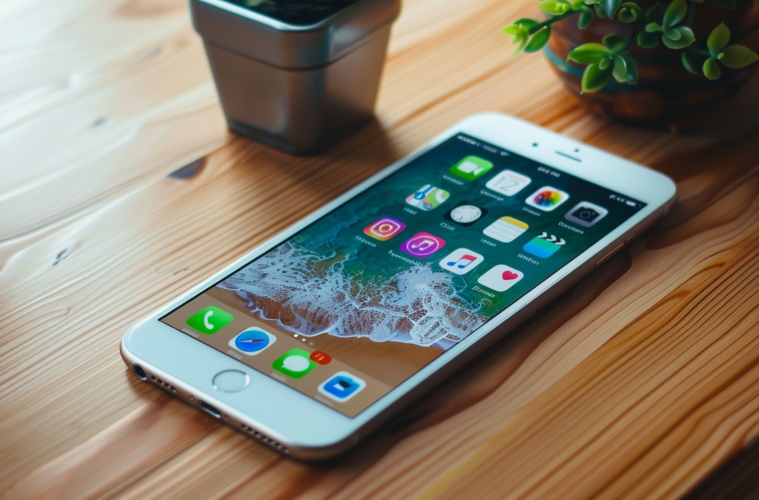Mobile phones were primarily used for making calls and receiving messages. However, recent technological advancements have increased these devices’ functionality. You can use them to stay updated with current events, learn new languages, and forecast weather.
Additionally, smartphones allow you to download mobile apps that enable you to transfer money between different accounts and invest. These applications can also help you make wise financial decisions.
1. Budgeting
Budgeting can be difficult especially if you’re not financially disciplined. Other factors such as unpredictable income, unexpected expenses, and lifestyle inflation can also cause poor budgeting.
To avoid such issues, consider downloading a budgeting mobile app. The software contains different features that can help you stay on top of your finances.
Once you download the app and set up your account, you need to define your income by listing all your sources and the amount you expect from each of them. After that, categorize your expenses based on different spending categories such as groceries, utilities, transportation, and entertainment.
Based on your income and expenses, set a realistic budget. Regularly check the app to see how your spending compares to your budget. As time goes by, you may need to adjust your budget accordingly to accommodate changes in your financial condition or unanticipated expenses.
2. Debt Management
Debts can be overwhelming especially if you don’t manage them properly. Mobile apps can help you eliminate these issues by offering helpful resources.
They come with a consolidation feature that allows you to put all your debts in one place. This way, you’ll have a clear picture of the total amount you owe, interest rates, and payment due dates. You can then come up with a clear strategy on how to repay them.
These financial apps also send you alerts for upcoming payments. Reminders allow you to make timely payments and avoid penalties which can increase your debt further. Most importantly, the applications can help you track your debt payment progress through charts and bars. Visual representations can show you how close you are to becoming debt-free and motivate you to continue paying.
3. Monitor Balances
Credit or debit card rejection due to low balances can be embarrassing. Nowadays, practically all debit and credit card providers offer a smartphone app for tracking your balances.
You can set up alerts for various features depending on your preferences. For instance, you can choose to set low balance alerts so you can know when to top up your bank balance or stop spending and avoid overdraft charges.
These apps also allow you to set transaction alerts so you can easily know when money comes in or goes out. Additionally, you can get a daily balance alert. It will notify you if your account falls below that level, allowing you to avoid a service penalty for going too low.
4. Saving Money
Savings are important since they can help you during emergencies. Some people find it challenging to save money due to limited income, high expenses, debts, and emergency expenses. However, that’s not the case for everyone. Some financially stable people find it difficult to save money due to overwhelming daily activities.
If this sounds like you, consider downloading a mobile app. It will send you alerts so you can know when to deposit your savings. Alternatively, you can set up automatic transfers.
Gone are the days when you had to go to a bank physically to track your finances. If you own a smartphone, download one of the numerous apps available and start controlling your finances from the comfort of your home.

